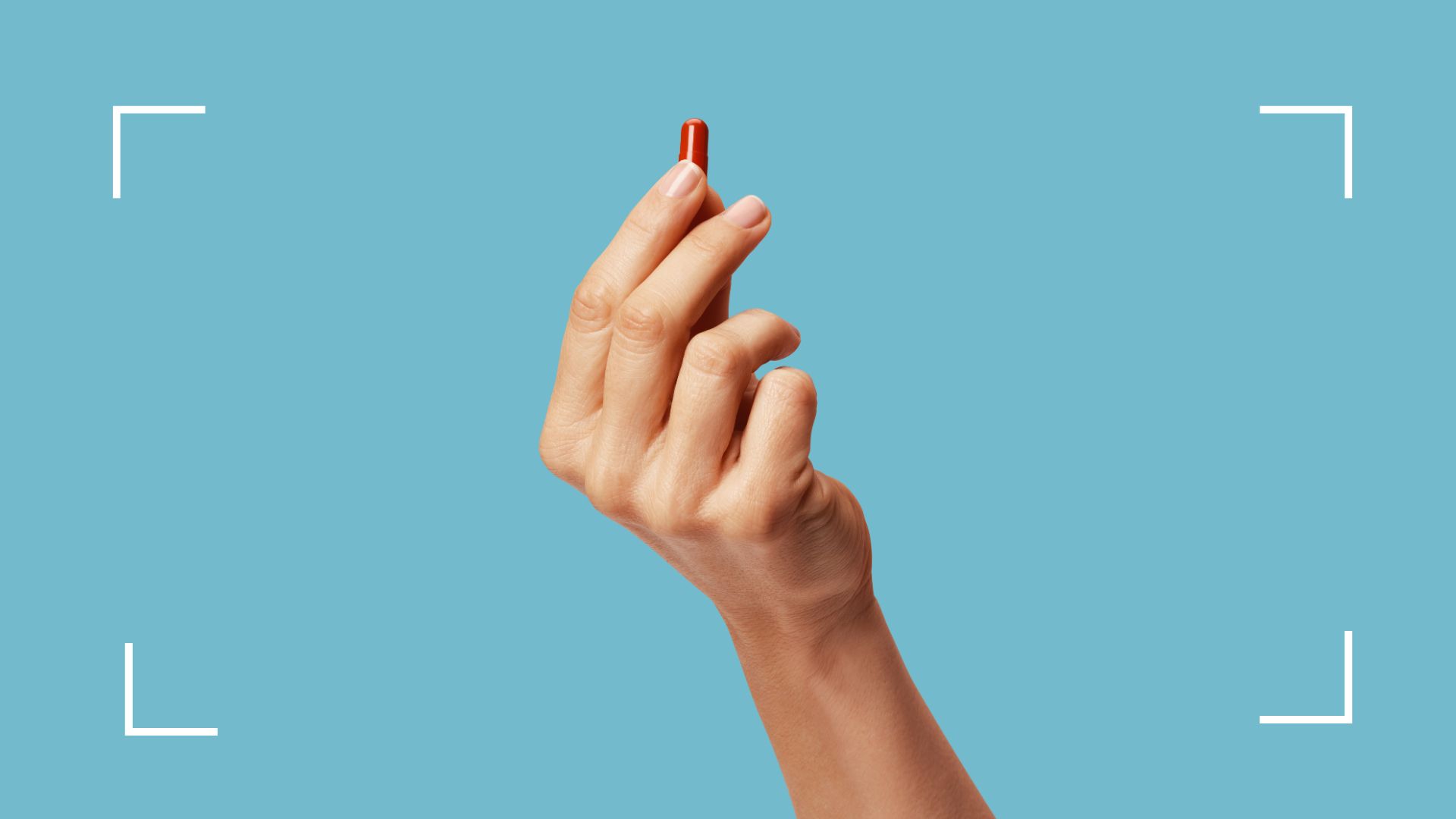
A new drug for hot flushes and night sweats has been approved for use in the UK, with availability from January 2024.
Veoza - or fezolinetant - is a pill designed to alleviate hot flushes, one of the most disruptive menopause symptoms, by working on the brain's temperature control centre. Unlike other effective treatments, this drug is not a hormonal option, making it an alternative to hormone replacement therapy (HRT) for those in need.
With at least one in four women (over 1 million people in the UK) experiencing hot flushes in menopause, experts predict that the drug could be "game-changing" in helping to alleviate symptoms.
What is the new drug for hot flushes?
The new drug for hot flushes is fezolinetant, sold under the brand name Veoza. The daily pill is a non-hormonal drug that works to prevent hot flushes and night sweats by blocking neurokinin-3 in the brain, a protein that plays an essential role in regulating body temperature in those going through menopause.
It is considered to be a good alternative to hormone replacement therapy (HRT) - considered to be the most effective treatment option - for those who are unable or don't want to have it. HRT replaces oestrogen and progesterone, hormones that start to fall sharply during the onset of onset of perimenopause, causing many common symptoms. Veoza doesn't replace any hormones in the body.
As the drug is not a hormone replacement therapy, it will not help reduce some of the other difficult symptoms of menopause such as mood swings, fatigue, and changes to the skin and muscle.
MHRA approval comes after the drug was authorised for use in the US earlier this year by the Food and Drug Administration, following a large clinical trial in March. The study showed that after 12 weeks of use, Veoza reduced the frequency of hot flushes by about 60% in women with moderate or severe symptoms. Participants also reported that the drug reduced the severity of the hot flushes and improved the quality of their sleep overall.
Those who received a placebo in the study also experienced a reduction in the frequency of their hot flushes by 45%.
When will Veoza be available in the UK?
Veoza will be available on private prescription from January 5 2024, according to multiple reports of officials at drug manufacturer Astellas.
The price of fulfilling the prescription hasn't been confirmed by the Department of Health and Social Care. However, in the US, the cost for a 30-day supply of the drug was set at $550 - about £430 - so it could be similar in the UK.
Who is Veoza suitable for?
Veoza has been approved for only women under the age of 65 who are experiencing menopause-related hot flushes. As the drug wasn't tested for safety and efficacy in women over this age, the MHRA has said it cannot offer a dose recommendation for women in this age group yet.
It may also be suitable for those who don't want to take HRT or are not able to receive the treatment. This can include those with a high risk or history of breast or ovarian cancer, untreated high blood pressure, blood clots, and diabetes.
Those who deal with night sweats and menopause-related insomnia as a result are thought to benefit as well, given that they're caused by the same part of the brain as hot flushes.
Julian Beach, the interim executive director of healthcare quality and access at the Medicines and Healthcare Products Regulatory Agency (MHRA), said to the Guardian on Sunday: "Hot flushes and night sweats caused by menopause are common and can have a significant impact on a woman's daily life. We are therefore pleased to have authorised Veoza (fezolinetant) for hot flushes and night sweats caused by menopause via our reliance procedure.
"No medicine would be approved unless it met our expected standards of safety, quality and effectiveness, and we continue to keep the safety of all medicines under close review."
Is Veoza available on the NHS?
At the moment, no. Manufacturer Astellas has begun the process of applying to the National Institute for Health and Care Excellence (NICE) to try and enable women to receive the drug on the NHS.
Currently, those eligible for a prescription via their GP may have to pay out of pocket for a month's supply of the drug, which could cost upwards of £400.







